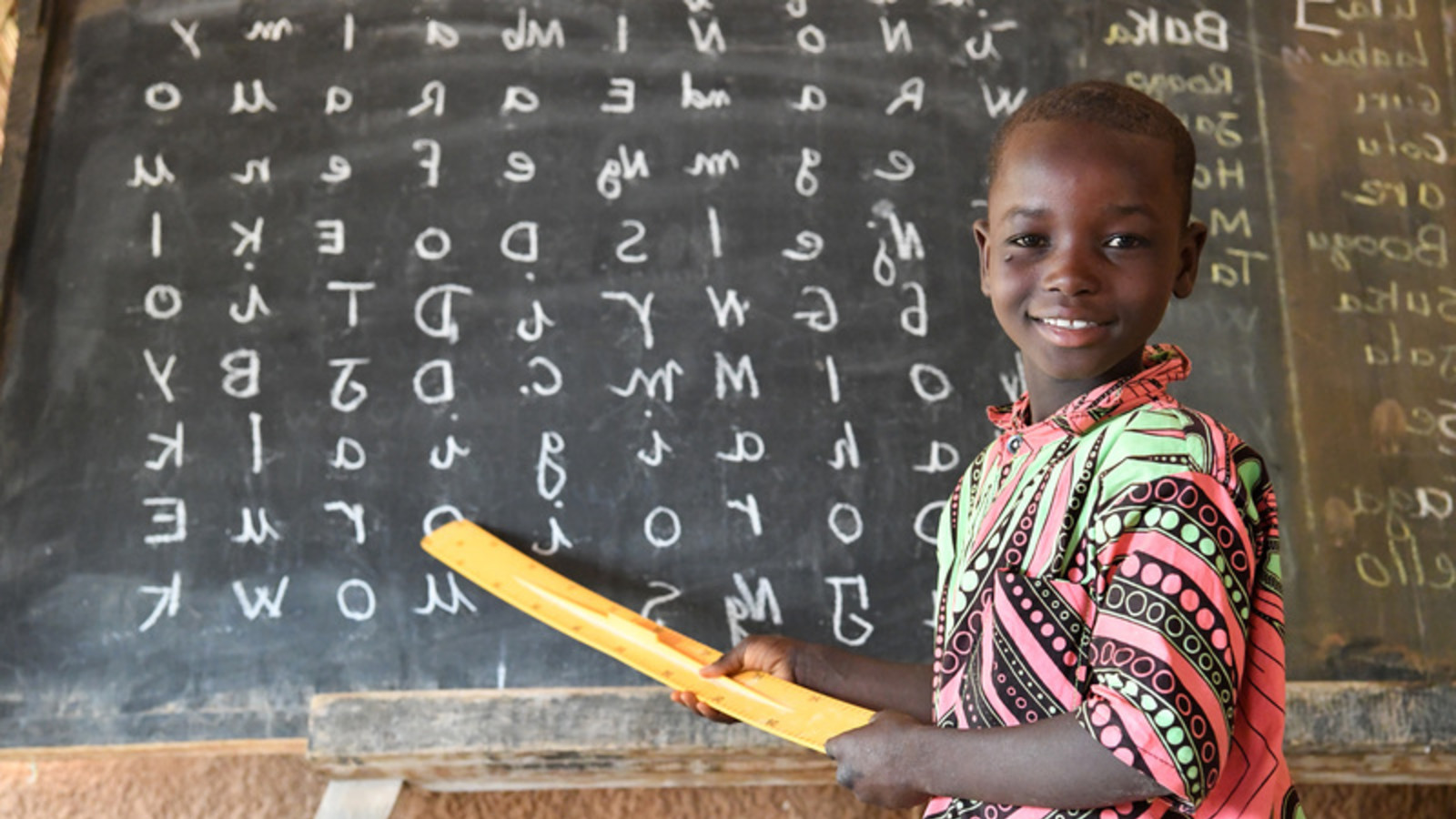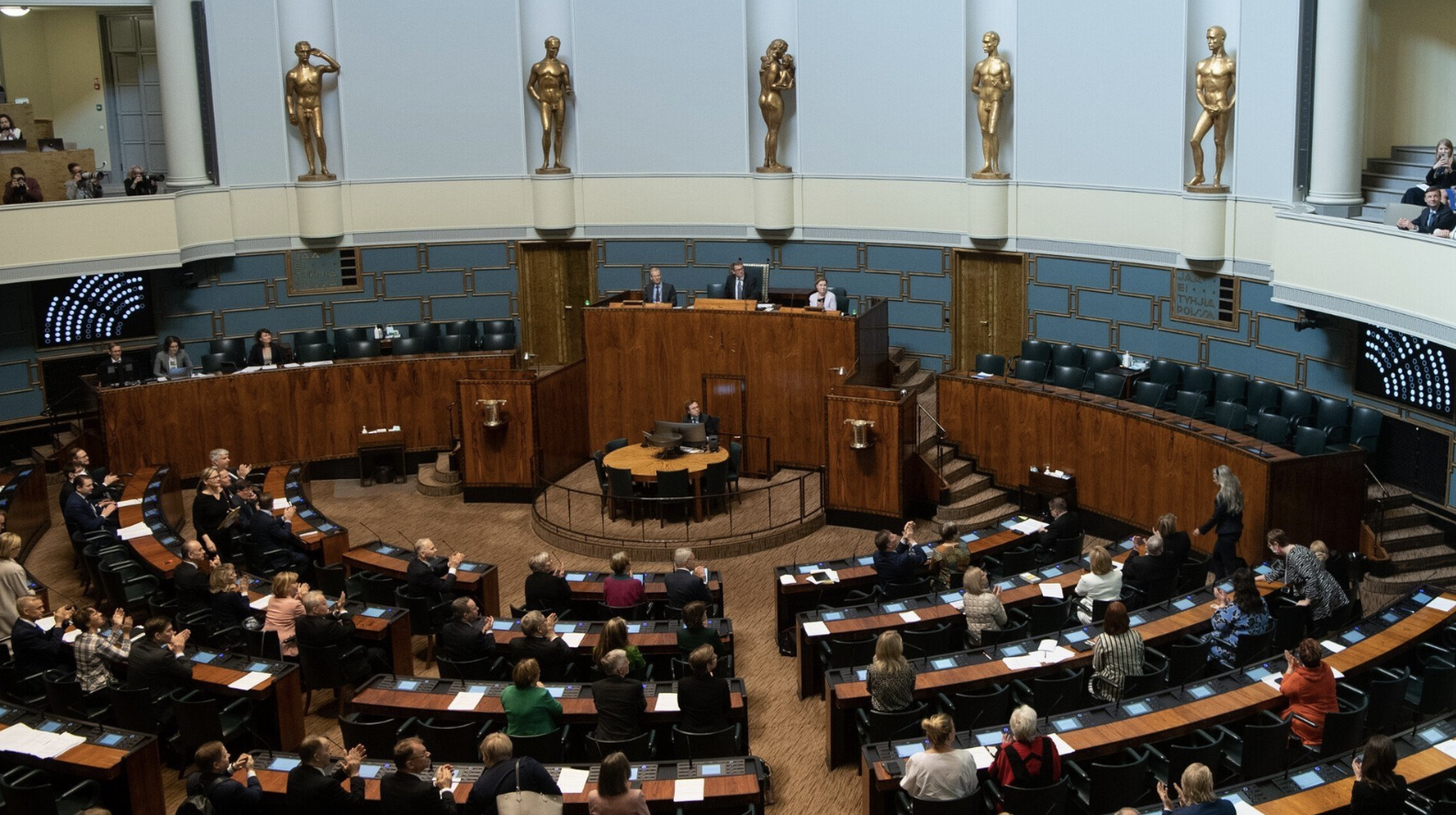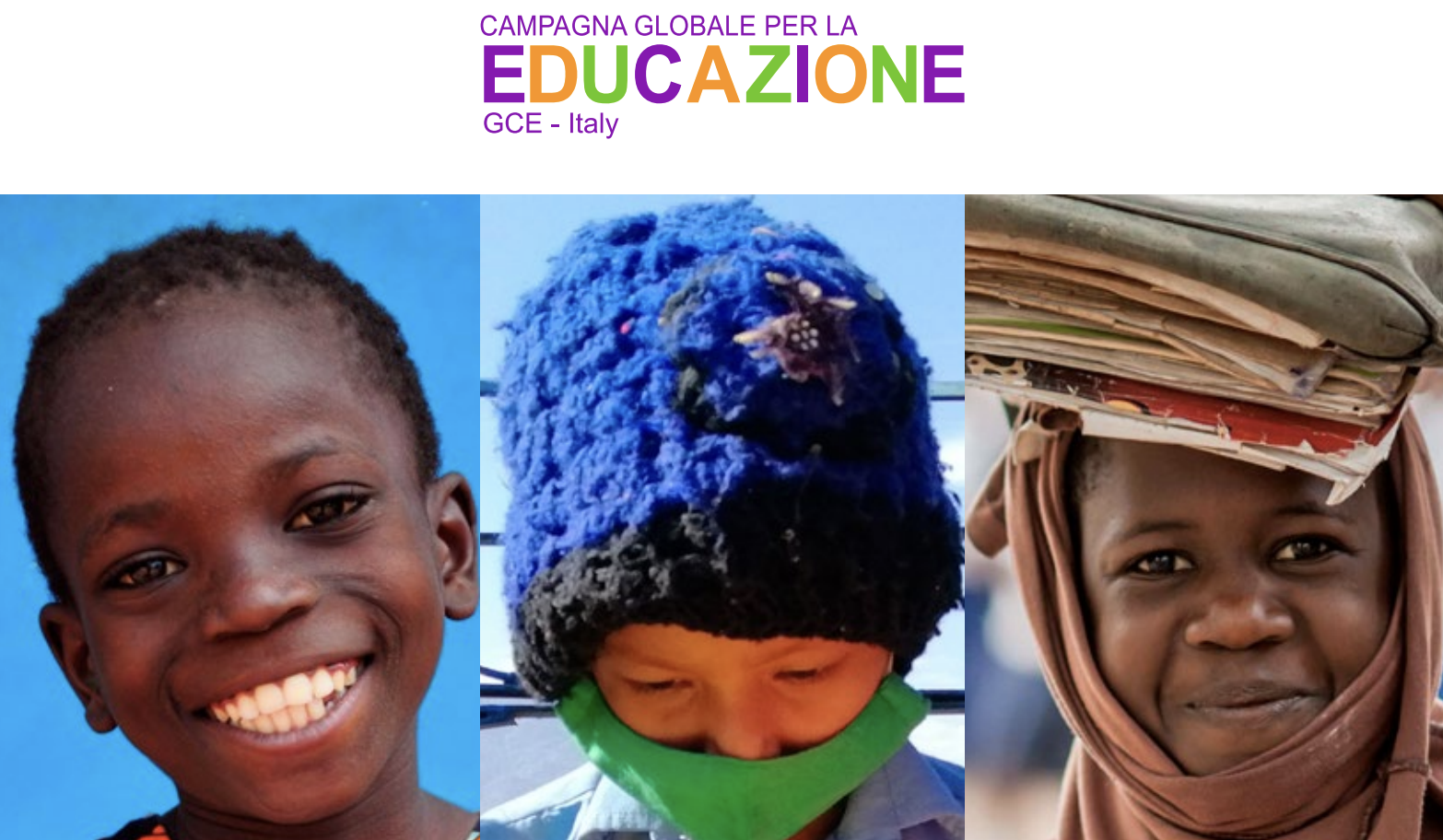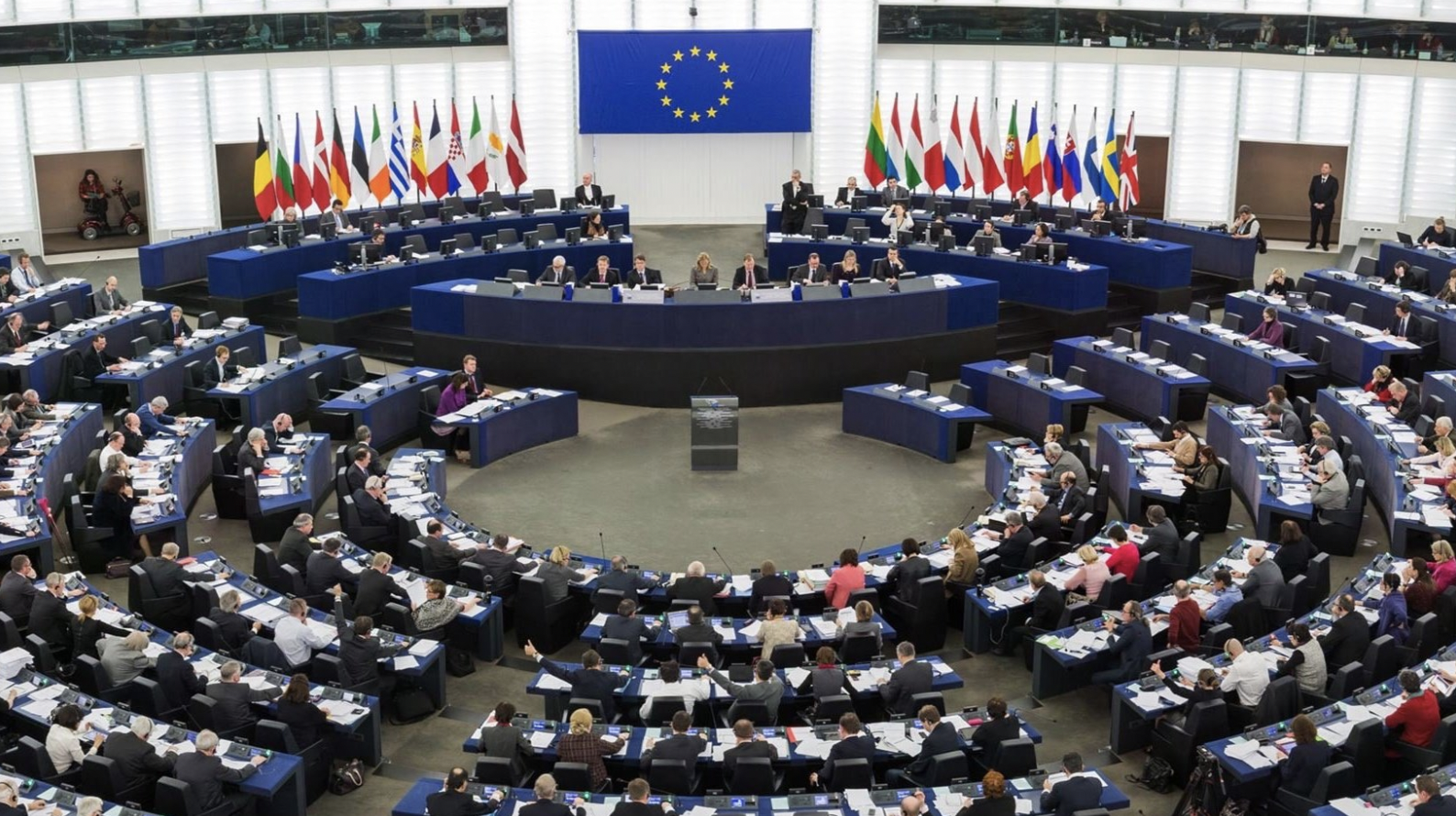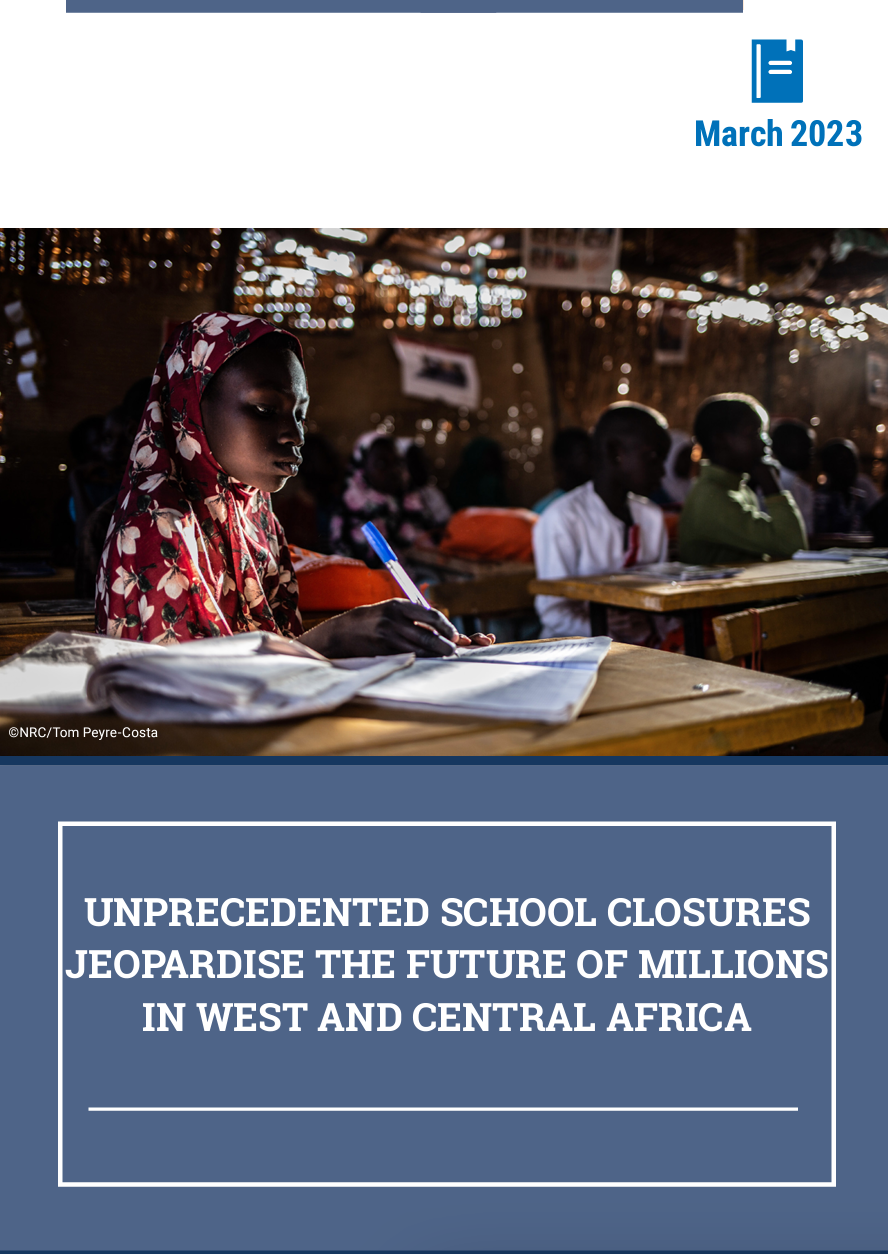ECW in Niger
Ongoing conflict and insecurity in Niger and in the surrounding Sahel region have displaced and disrupted the lives of millions of civilians. Chronic food insecurity due to climate change has increased the need for humanitarian assistance. These issues, coupled with COVID-19 closures, have left children out of school at high rates and exposed them to exploitation and abuse. Education Cannot Wait (ECW) supports partners to strengthen the education sector through educator training; community engagement; safe learning spaces; and support for displaced children. This is part of the Fund’s response to the impacts of the Sahel regional crisis in Burkina Faso, Mali and Niger.
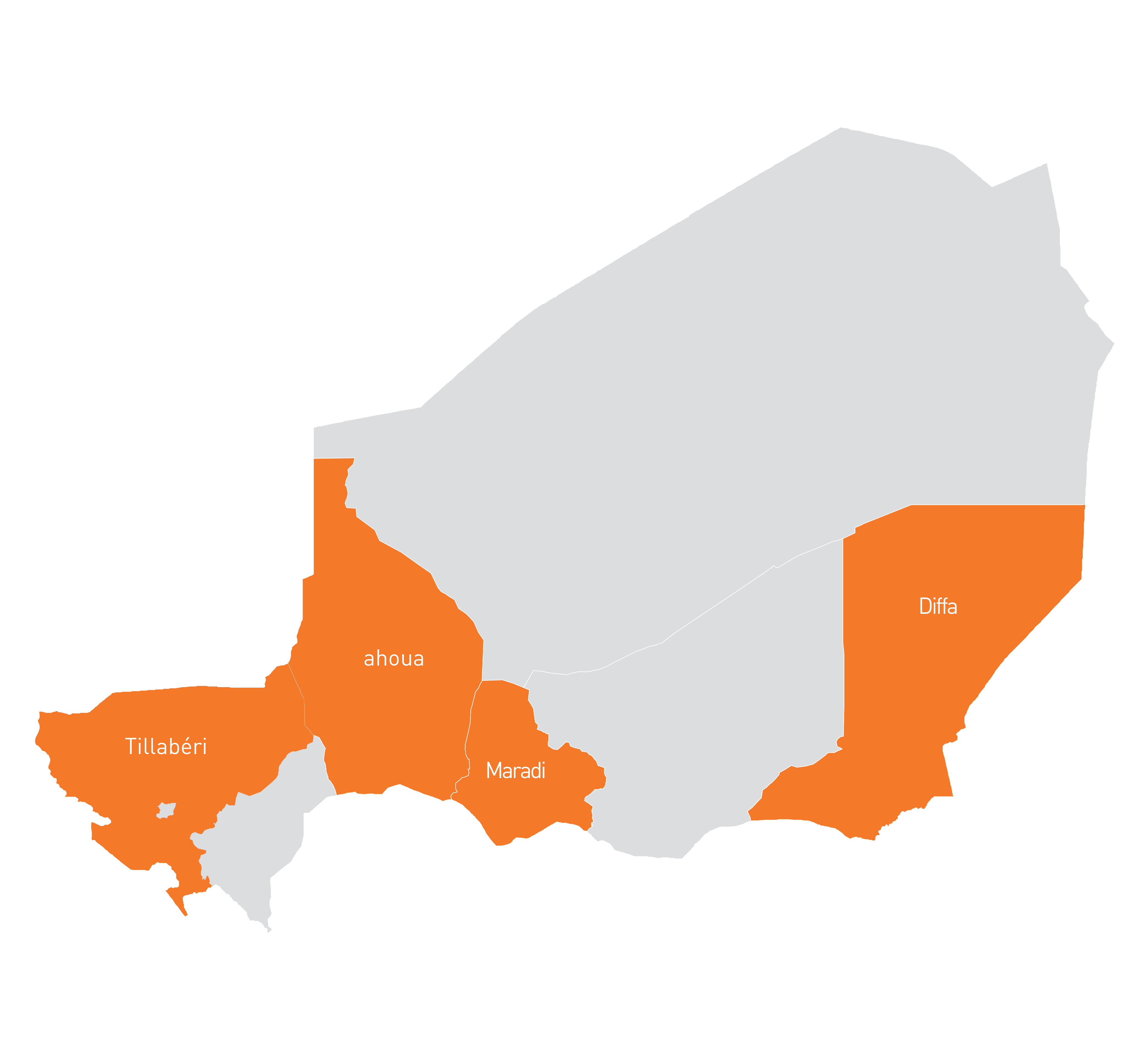
Investments
Financial Information
National Counterparts
Ministry of Education
Results
Additional Results
- Number children and adolescents supported with school feeding programmes: 35,174
- Number of children and adolescents who receive ECW-supported remedial classes: 24,820
- Number of learning spaces with functioning school-management committee and/or parent-teacher association: 409
COVID-19 Results
Programme Info
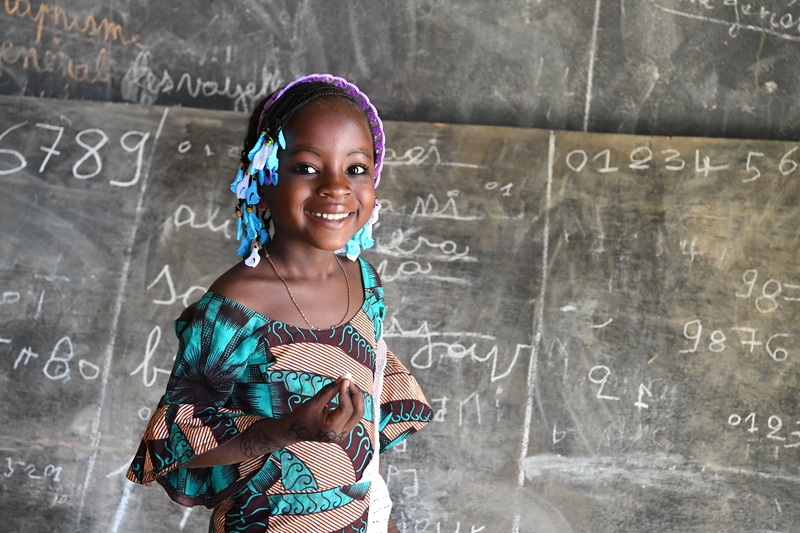
The ongoing issues in Niger have led to strained resources and a weakened educational infrastructure. Children and adolescents are left out of the classroom at high rates, and COVID-19 closures disrupted the education of those enrolled. Being out of the classroom exposes girls and boys to risks such as recruitment by armed groups, sexual and gender-based violence, child labour, and other forms of exploitation and abuse.
Building on the impact of the First Emergency Response (FER) initially rolled out in 2019, ECW has launched a Multi-Year Resilience Programme (MYRP). As part of the Fund’s regional response, MYRPs have also been launched in Burkina Faso and Mali. All the programmes seek to strengthen the education sector and provide for children’s critical needs in the areas of safety and protection.
In Niger, the programme works to expand access to learning spaces; cover school fees for families; provide remedial learning courses; strengthen the capacity for the learning environment; support educators; and engage the communities in which they work. ECW also provides support for girls and children with disabilities; increases enrolment rates; and implements school protections through a holistic approach that meets children and adolescents’ physical, mental and psychosocial needs.
Programme Components
- Enrolling and financially supporting students. Supports students by enrolling them in alternative education centres. Other displaced students are holistically supported and receive monthly stipends to ensure they are able to continue their education.
- Establishing safe school environments. School administrators are trained on the risk factors of gender-based violence and on gender equality within schools. School administrators then train teachers, indirectly benefiting thousands of girls and boys. Grantees support the development of school preparedness and risk management plans. Teachers are monitored and assessed on classroom practices and receive feedback to improve their skills, thus improving their knowledge and mastery of foundational skills to support safe, inclusive learning environments.
- Increasing access to learning spaces. Grantees in Niger provide access to learning spaces for tens of thousands of out-of-school children through the construction or rehabilitation of temporary learning spaces.
- Providing remedial courses and improving learning outcomes. Thousands of students, half of them female, benefit from remedial classes in elementary school. Additionally, grantees reintegrate secondary-school-age children from the refugee and IDP communities and re-enrolls them into formal educational environments or in school-readiness programmes to acquire prerequisite foundations in mathematics, reading and life skills.
For more information on ECW's work in Niger, please contact Country Lead Graham Lang (glang@un-ecw.org) and Programme Manager Noemi Robiati (nrobiati@unicef.org).

